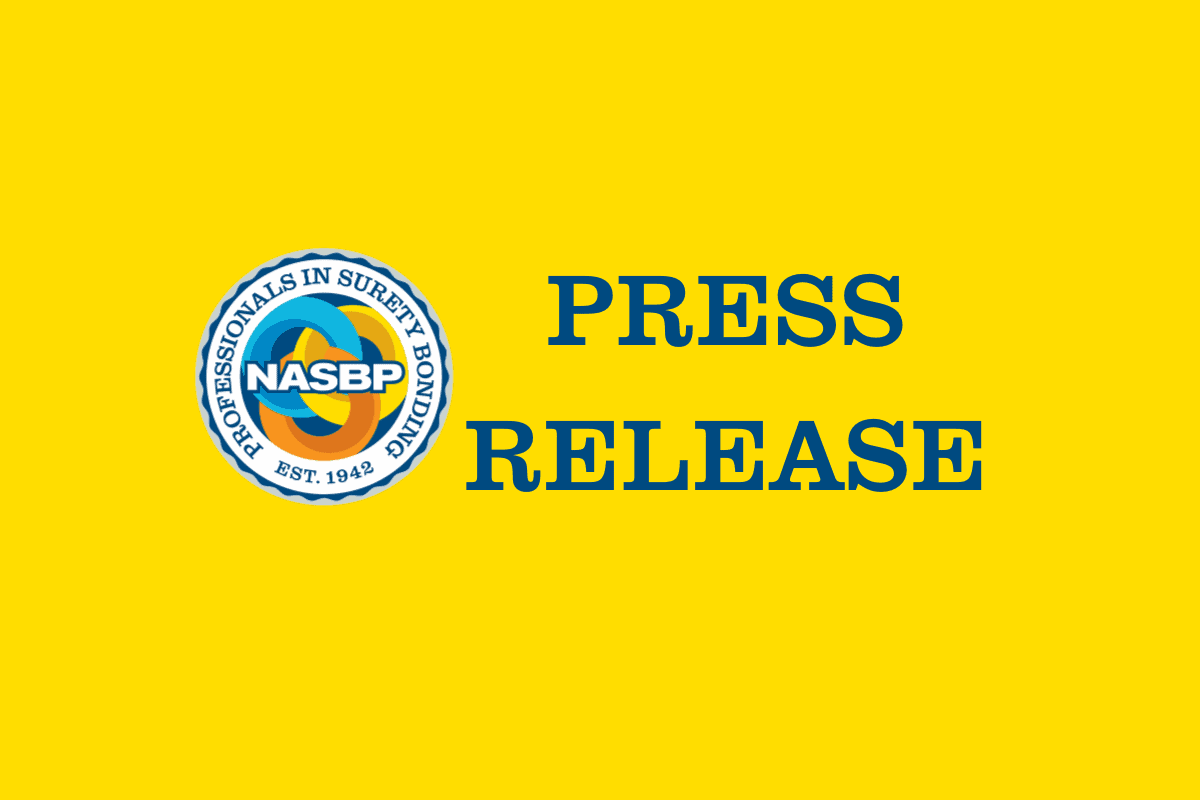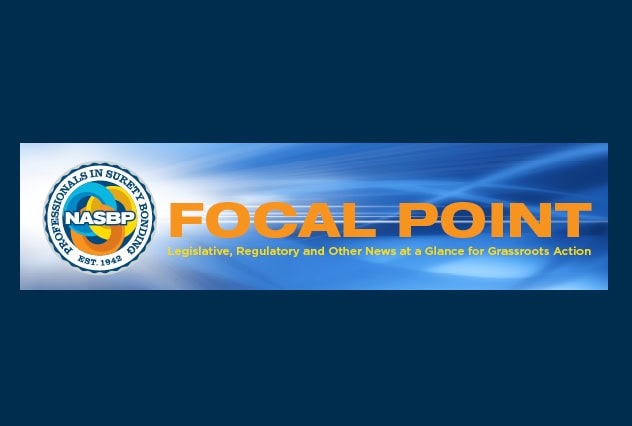Search & Filter
Search
Topic
Region
Audience
Post Type
Surety Industry Advances Critical Federal Policy
Largest Legislative Fly-In Brings Industry Message to Congress March 2, 2026 (WASHINGTON,…
NASBP Focal Point – February 27, 2026
Legislative News at a Glance Currently 44 states, DC, GU, VI, PR…
What 8(a) Contractors Should Do After Receiving an SBA Suspension Notice
By Aron C. Beezley and Nathaniel J. Greeson of Bradley Arant Boult…




